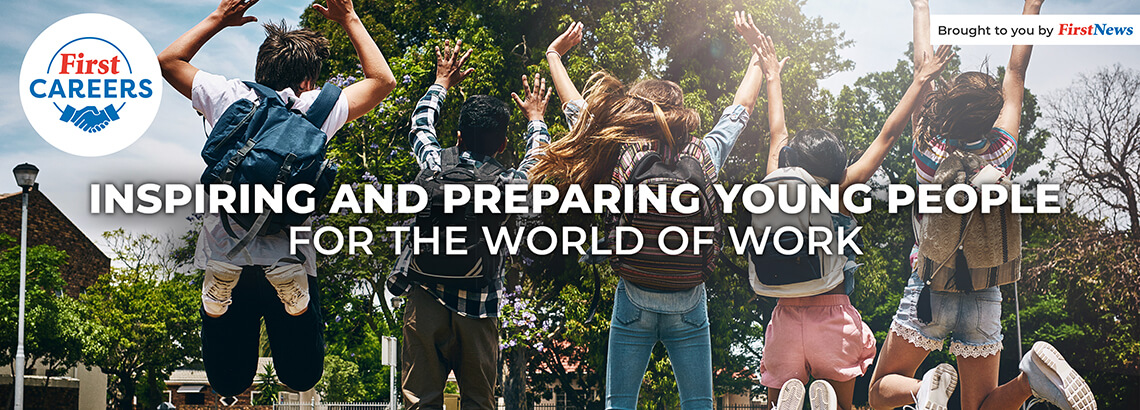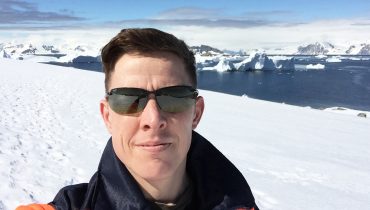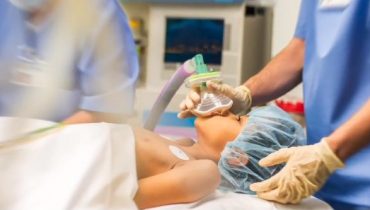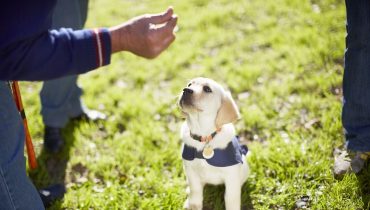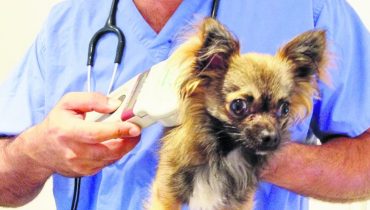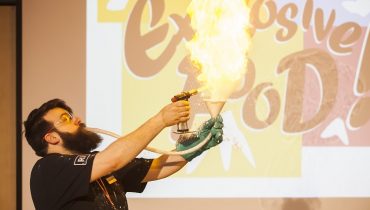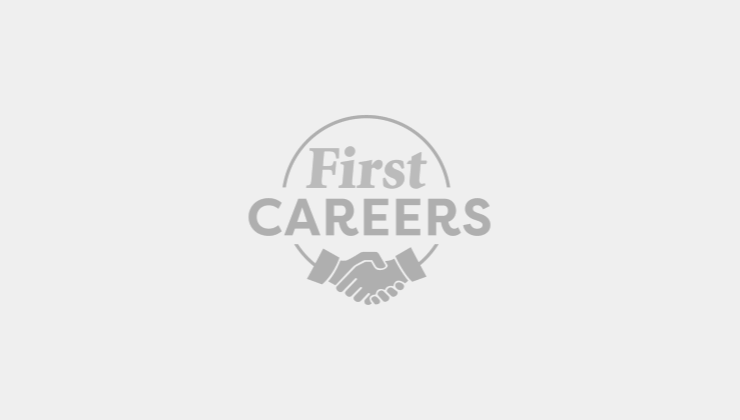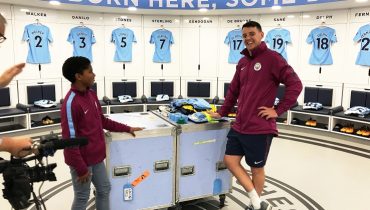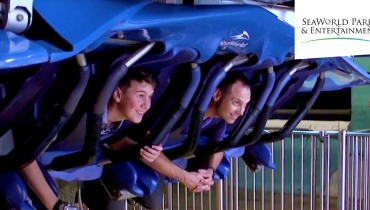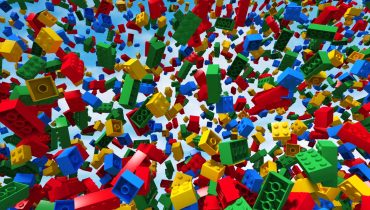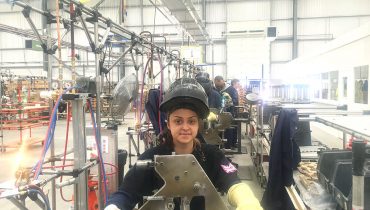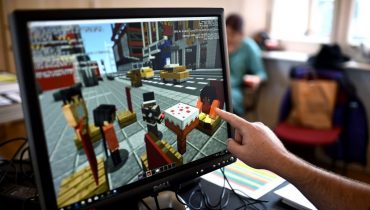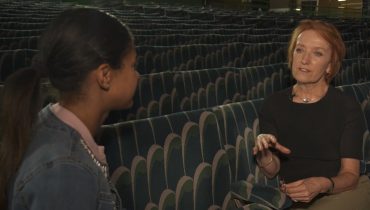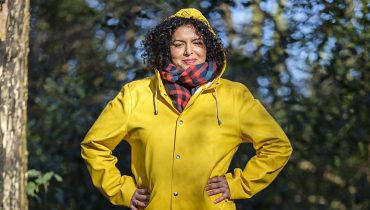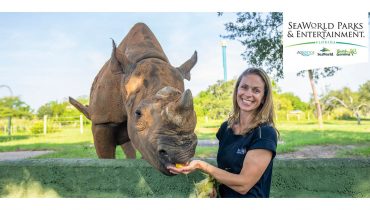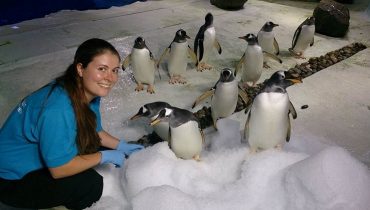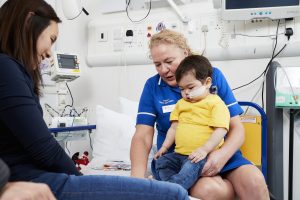
Helen Braggins
Clinical Nurse Specialist
What I do
I look after families who have people (mostly children, but also some adults) living with the rare syndrome, chronic granulomatous disorder (CGD). CGD is a genetic disorder – a bit like a book with a spelling mistake; it still tells a good story, but it has a small glitch in it. Sufferers pick up more infections than normal people and they may grow smaller than others. Children with CGD can become very poorly.
I help patients enjoy their lives as much as possible and do the things they really want to do. I also support the whole family. I help families prepare the patient for school, for operations and being released from hospital. Importantly, I help them understand the condition. It is an incredibly rewarding role.
How I got my job
I first became interested in nursing when I did voluntary work. I was working with older people at an activity centre in an elderly care hospital. I then did my adult nurse training in 1984. I later decided I really wanted to work with children, so I did my children’s nurse training and specialised in looking after children with cancer. This led to me working with Teenage Cancer Trust. Then my dream job came up – the Clinical Nurse Specialist for CGD working with the Jeans For Genes team.
What I love about my job
I absolutely love coming into work. I am funded by the CGD Society, which gets grants from money raised on Jeans For Genes Day. One of the most rewarding aspects is helping families and individuals to accept their diagnosis, move forward and, best of all, give them hope for the future. I have helped people who were terribly ill go through operations and move on with their lives. One of those was so sick he needed a blood transfusion, but there were complications and it seemed everything was against him. Now he is at university studying politics.
What is difficult about my job
It is awful when we lose a patient. Looking after parents who are dealing with the death of a child is just so sad. You do get caught up in the process, but ultimately, I have to accept that there is absolutely nothing I can do about that loss. I have to focus on supporting the families.
What skills I need
I’d say the most important thing is common sense and the ability to be practical. In order to do my job well I need to be a good listener, a good communicator, patient and flexible. And I’m always putting myself in my patients’ position and thinking: “If that happened to me, what would I want?”
Why is Jeans For Genes Day so important?
Because you should never underestimate the difference you can make!
To find out how to register with your school, go to jeansforgenes.org.
